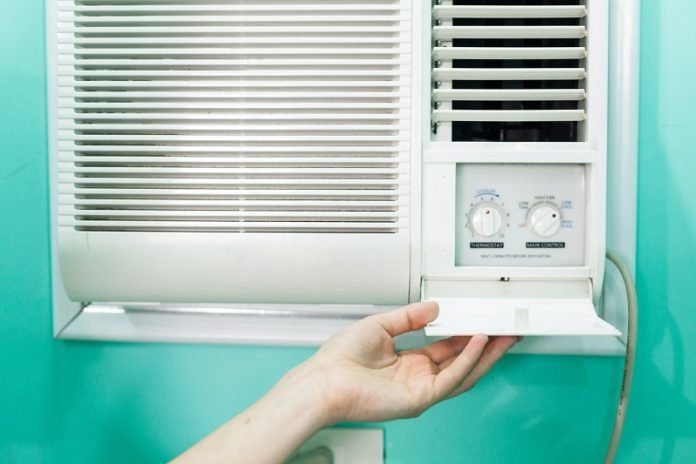
As we get closer to the year 2030, Europe is ramping up its efforts to fight climate change. A big goal is to cut greenhouse gas emissions by 55% compared to what they were in 1990.
And by the year 2050, Europe wants to stop adding any new greenhouse gases to the atmosphere altogether.
This plan is part of what’s called the European Green Deal.
Why Heating Your Home is a Big Deal
One of the ways to reach these ambitious goals is to change how we heat our homes. Right now, many European homes use oil or gas heating systems.
These systems are not only expensive to run—especially with rising gas prices—but they’re also bad for the planet.
Heating homes with oil and gas adds to the air pollution that European countries are trying to reduce. This is especially concerning now, given that gas prices have shot up following recent political tensions and the invasion of Ukraine.
Heat Pumps: The Underdog That Could
Scientists from Oxford University wanted to look at alternatives, and they found something interesting: heat pumps.
You might have heard about them and how some people don’t think they work well, especially when it’s really cold outside. But these researchers found the opposite.
After doing studies in North America, Asia, and Europe, they found that heat pumps are actually way more efficient than oil and gas systems.
They can be two to three times better at keeping homes warm when temperatures dip below freezing. Even when it gets super cold, like -30 degrees, heat pumps still do a great job—twice as effective as oil and gas systems.
There are different kinds of heat pumps: some pull heat from the air outside, some from water like a pond or lake, and some even from the ground. In their study, the Oxford researchers mostly looked at the air-source type.
Because heat pumps move heat instead of making it, they’re not just good for heating; they can also cool your home in the summer. Plus, they make less noise than traditional heating systems.
What’s Next?
Heat pumps do have one downside: they’re more expensive to install than regular gas tanks. However, the good news is that European officials are considering giving tax breaks or other benefits to people who choose to install heat pumps.
According to Duncan Gibb, a senior advisor who contributed to the Oxford report, there’s no technical reason heat pumps can’t be used all over Europe.
So, as we look toward a future where we’re more aware of how our choices affect the planet, heat pumps could be a big piece of the puzzle.
The key takeaway? If you’re thinking of how to make your home more energy-efficient and eco-friendly, heat pumps could be worth a look.
Not only could they help you save money in the long run, but you’d also be doing your part to help the planet.
The research findings can be found in Joule.
Follow us on Twitter for more articles about this topic.
Copyright © 2023 Knowridge Science Report. All rights reserved.



